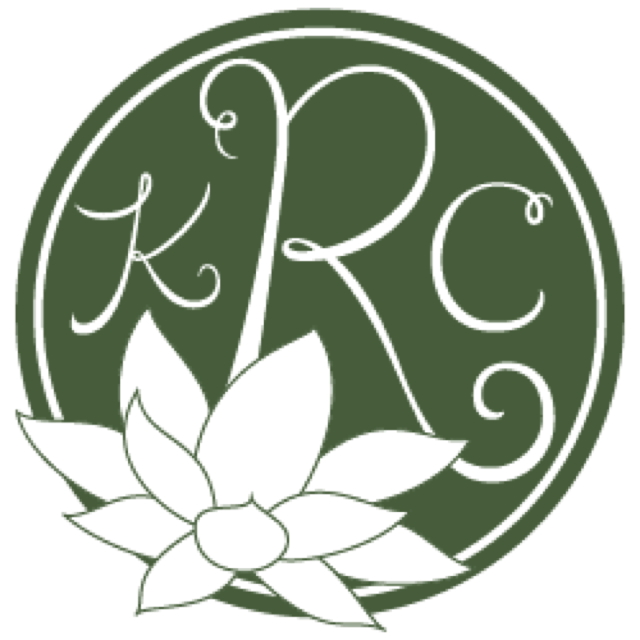Do You Need a Diagnosis?
With an increasing trend toward self diagnostics, the question inevitably occurs: Should I seek a formal assessment? Do I even need one? If so, when is the right time?
I’ve taken a lot of comfort in the increasing conversation around mental health over the last decade. For years these conversations often felt taboo due to stigma around having mental “illness.” The pressure to fake happiness and wellness kept many from seeking out the professional support that could have drastically improved their lives. Dialogue about mental health is obviously needed, but are we now leaning too far into medicalization as we rush to diagnose ourselves?
In his article, “The Curious Cachet of a Psychiatric Diagnosis”, for Psychology Today (January 2022), Dr. Ralph Lewis writes about the increasing assessment requests faced by psychiatric clinics. They come particularly from teens and young adults. Yet he describes how these patients often fall short of the criteria for a diagnosis—for example, what a patient perceives to be an anxiety disorder is oftentimes more akin to everyday stress.
He asks, “How did we go from the destigmatization to the desirability of a diagnosis overnight?” and observes how our everyday conversations have shifted to include use of clinical diagnostic terms in a very cavalier manner: “He’s so on the spectrum.” While such talk may be intended to be lighthearted or affirming of personal struggle, it nevertheless puts us at risk of losing the very meaning and value of diagnosis.
We need diagnosis to accurately communicate a cluster of symptoms and help those who are suffering to feel understood. However, affirmation needs to be balanced with the risks and costs of over diagnosis. After all, living comes with inherent hardships under the best of circumstances. Stress and challenges should be expected as part of the human experience. Lewis writes, “Most mental disorders lie at one end of a continuum in relation to normal traits and difficulties.” Who among us hasn’t felt overwhelmed or blue at some point?
I don’t mean to suggest that we shouldn’t seek counseling. Counseling can be extraordinarily helpful when we are dealing with everyday worry or sadness, as well as with clinical anxiety or major depression. Perhaps this is a valuable first step that allows us to pause before putting a label on ourselves. An eventual diagnosis, if needed, can help a person feel understood and create new avenues for support, but I don’t want us to over-identify with a label.
My hope is that taking some healthy space from the importance of quick diagnosis can help us drop comparisons to others. We don’t have to be struggling more or less than someone else, or be struggling in a more recognizable way; we can all just be struggling. Healing can come from feeling connected to others in the challenges that go along with being human.

